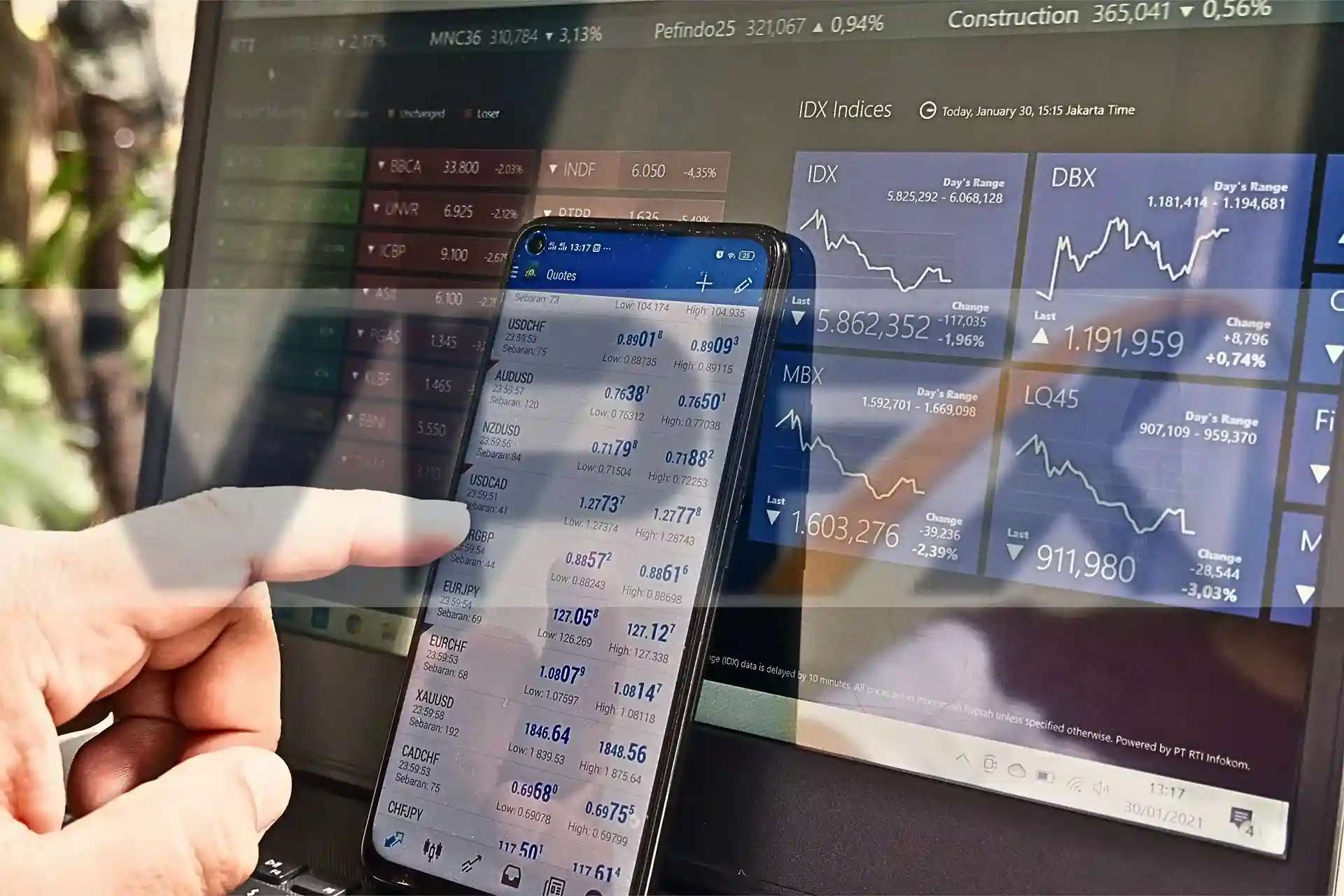Trading, to many, is much more than any other job. It’s the opportunity to live life on your terms, far from the daily grind and all other office responsibilities. This ability to be free appeals to Forex traders. But when you are becoming a full-time trader instead of part-time Forex traders, you should know the right way for you.
Understanding Full-time and Part-time Trading
First of all, let’s define full-time and part-time trading.
Full-time trading is an attitude toward trading as the primary source of income. Similarly to freelancing, a full-time trader doesn’t stick to rigid working hours and duties. At the same time, he needs to be systematized in order to have a stable source of income that will cover his expenses.
Part-time trading is when a trader combines full-time work and trading to improve an investor’s income by doing trade part-time in Forex. Such a combo makes a part-time day trader build an effective plan on this combination and follow it accordingly.
What are the main pros and cons of both approaches to trading? Let’s find out.
Pros and Cons of Part-time Forex Trading
As a part-time trader, you know that you can make as much profit as a real-time trader. And if you want more leisure time, with less pressure, then staying part-time can be conducive. But there is such a thing as staying part-time.
Pros:
- First, you can note how much money you earn by trading part-time for some hours of the day.
- You won’t need to study charts or learn new strategies—you can do it all on the fly while working full-time.
- You don’t have to spend extra time after work; trade when it’s most convenient.
Cons:
- You will only reach your full potential as a trader if you spend enough time learning new strategies, techniques, and systems to make your career in Forex trading. This means that, in effect, there is less work overall compared with being an exclusive trader working day in and day out, but it comes at a cost in missed opportunities through lack of knowledge.
- When you have a full-time job, trading Forex within working hours is nearly impossible. Therefore, you must spare time from your breaks, evenings, after work, or weekends to trade Forex part-time. Otherwise, consistently making money on your investments will be challenging because you must trade more efficiently during these times.
Pros and Cons of Full-Time Forex Trading
While this will be an exciting opportunity, the challenges of becoming a full-time Forex trader are formidable. However, if you do intend to quit your job, the amount of time and money that has to be invested and the kind of lifestyle changes one may have to make need to be worked out diligently. If you want to go full-time with forex trading, there are some things you need to consider.
One who trades with a part-time mindset is thinking of making money. He never thinks about the risks or how long it takes to build a business from scratch. However, once you become a full-time trader in Forex, the focus changes from making money to keeping doors open to protect capital.
You are running an entire business with all its rules and principles of risk management in place so that you stick to them without losing money. You must keep the costs low to avoid losing money or going broke. If that is not something you can handle, then it’s better that, for now, you keep working your job while trying out this new hobby in the background. Full-time trader sounds big. It’s like returning to school to get a degree in something you have never considered.
Pros:
- You can focus on your trading strategy and learn more about it, hence developing good trading habits in the long run.
- You will then have time to think, reflect on what is happening in the market, generate new ideas, and make critical decisions.
- You can trade when you expect profit, not at the end of the day when the events have already fried your brain.
Cons:
Many of us hit a wall concerning our trading, and we begin to ask ourselves: Is this something I can do full-time? Or is this a healthy way for me to spend my time? Before deciding about your future as a forex trader, here are things you should consider. You might be surprised at how much money it takes to be a full-time trader.
- If you are a full-time forex trader, you will have to deal with the markets’ ups and downs. When one trades part-time, he always has time to recover from losing trades and make his money later.
- When you trade full-time, you need to protect your capital from losses and increase it by making money and withdrawing funds from the account.
- It’s all about the money you have to sustain your trading. The key is knowing how much capital you need and where your money should be invested so you still have enough leftover capital when it comes time for drawdowns.
Signs That You Are Ready for Full-time Forex Trading
If you are considering full-time forex trading, a few signs show you’re ready for the challenge:
- You must have at least a year of experience as a trader. You should be trading for at least a year, better, even more than a year. Only then can you go full-time.
- You must also be able to research and follow your strategy without an external coach or mentor.
- And last but not least, it would be beneficial if you could work under stress and get motivated by big profits while trading Forex in Dubai.
Concluding Remarks
Trading can be done full-time or part-time. If you decide to do it as a side business, understand that you are giving an hour or two of your day to trading forex besides your regular job; this is quite fine for many. However, if you need more time to figure out how Forex works and learn the ropes, then consider doing it as a full-time job. However, whether you are a part-time or full-time trader is primarily a question of how much time you want to devote to this endeavor. In the final analysis, trading is a business. The more time and energy you put into trading, the more likely you will succeed.





